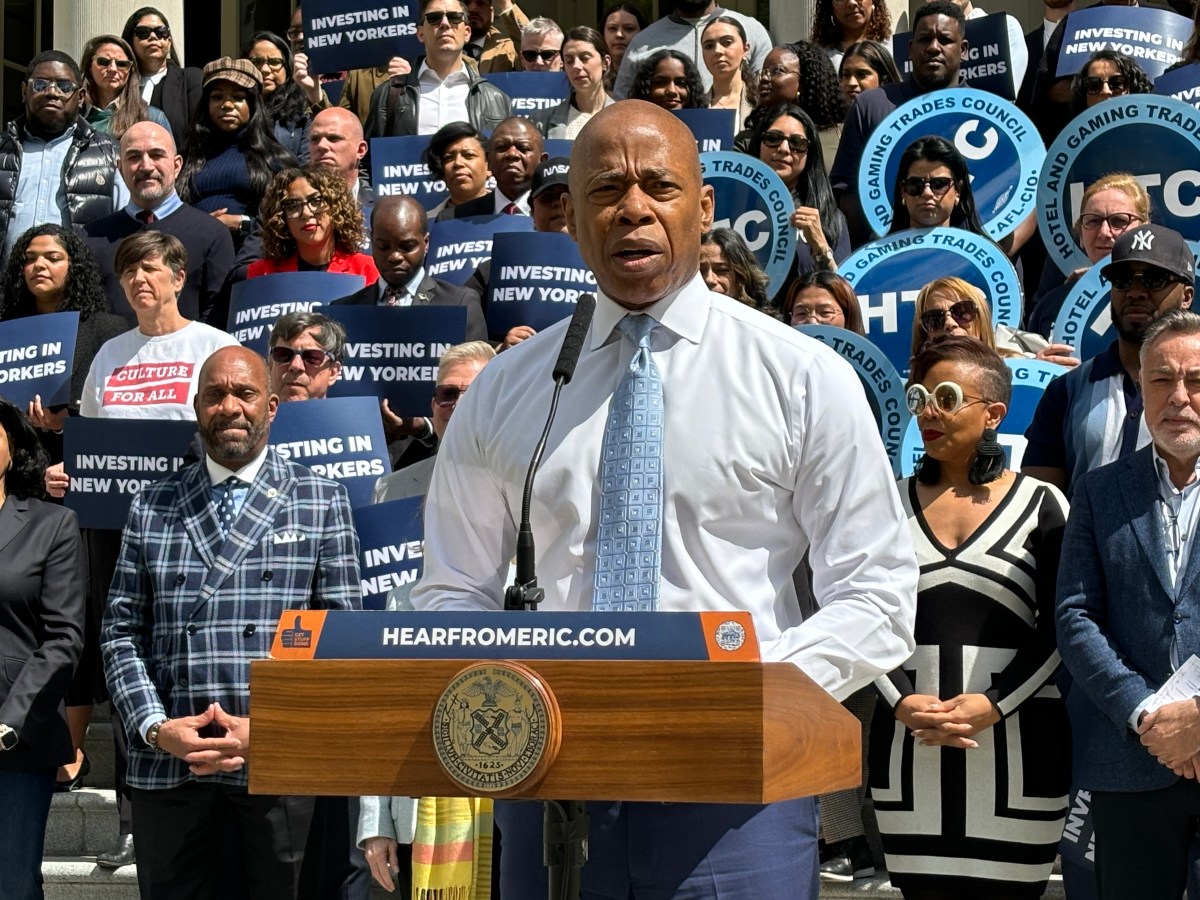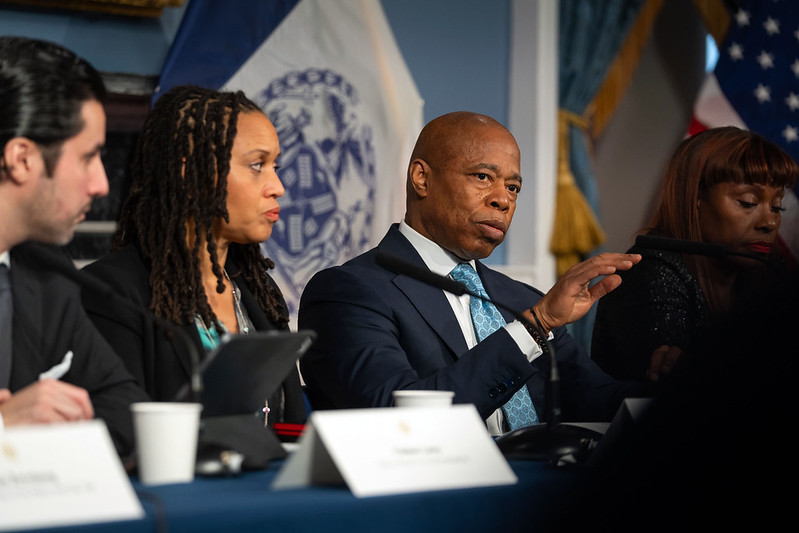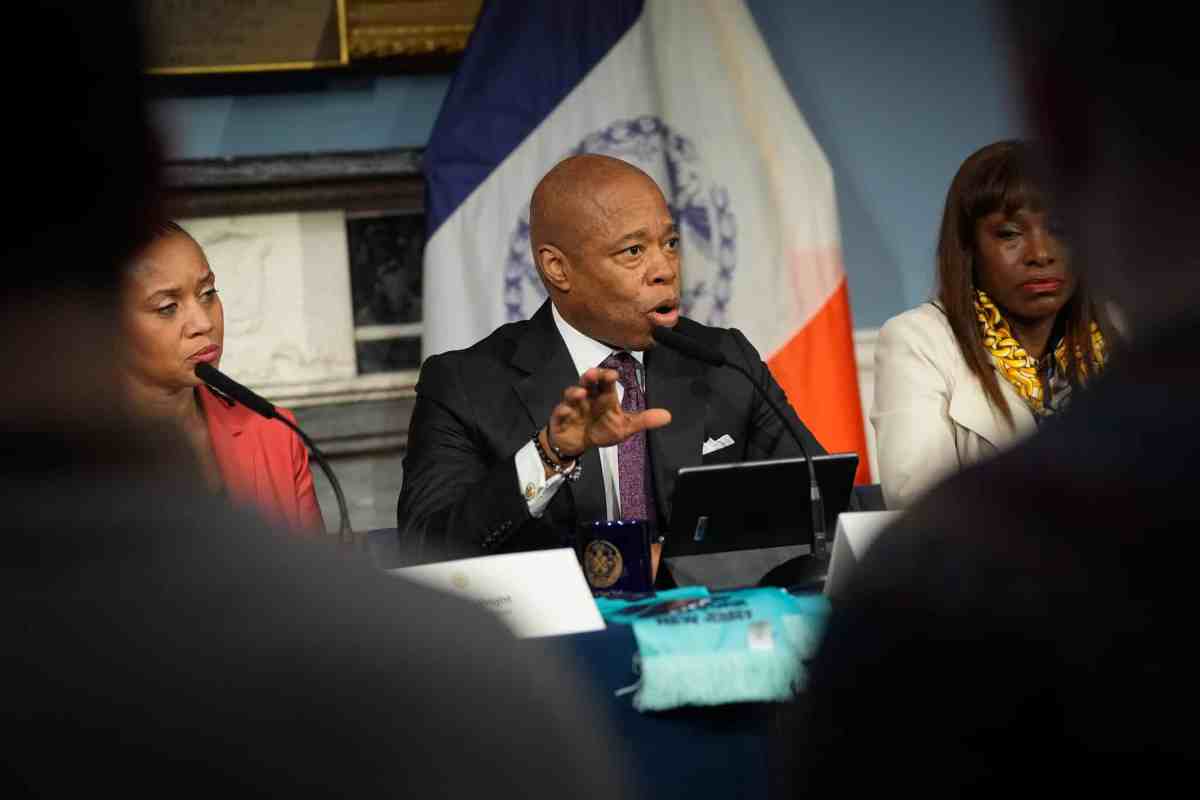I met Chris Hondros in 2009, when a mutual friend suggested we talk. I had just returned from a year in Iraq and our friend thought that Chris and I should trade “war stories.” He lived in Brooklyn and I worked in his neighborhood, so we figured we’d have plenty of occasions to get together for a beer and long talk. And we planned it many times, but it never seemed to happen. The painful New York process of trying to find common gaps in each other’s schedules was made all the more difficult by the life Chris led.
Plans for a beer on Wednesday could easily be interrupted by notes like, “So sorry man — headed to Haiti tonight. We’ll have to do it when I get back.” Or, “Can’t next week, will be in Afghanistan…”
So, instead we bonded on the fly. When he was in town, he would invite me to events, Christmas or New Year’s parties at his loft: merry, festive affairs interrupted by the soul-piercing images adorning his walls, a sampling of his revelatory work.
There were also occasional showings of his work. Last fall, he led a performance called “Sound + Vision: At War” at John Jay, pairing hundreds of images from Iraq and Afghanistan with excerpts from Bach’s cantatas, sonatas, and concertos. When “Cello Suite No. 1 in G Major” filled the room, a piece of music so moving that it has eloquently been described as “a transcendent voice for the good in life,” and Chris’ images of Iraq flashed rapidly across the screen, skillfully paired with the emotion of the music, all of us in the room knew we were seeing something special. We were witnesses to a moment of innovation — present for something that had never been done quite like that before.
Chris called Bach timeless and said that war had the same ever-relevant quality. He was intrigued by the juxtaposition of beauty and horror repeating itself throughout history.
The last time I ran into Chris was in December at “major policy speech” for the Bloomberg Administration. There he was, camera in hand, photographing a deputy mayor with as much skill and precision as the militias in Liberia. He led a double life, equally at ease at a cocktail party in New York as he was with Marines in Fallujah. A miner of emotion, he regularly descended into harm’s way and brought back precious things that the world needed to see.
He exposed tyranny in Kosovo, Egypt and American-occupied Iraq. He captured terror on the faces in his photos that you could immediately connect with. He took the largest events of his days, happenings so grand and foreign to most of us that they can seem distantly unreal, and he captured grief and fear and nuance and curiosity on the personal human level. He made you feel it. He made you acknowledge it. He was the great war photographer of his era. Like Dexter Filkins with words or Tim Hetherington with film.
Last weekend, I hadn’t seen Chris for a while so I sent him a text message: “Hey, man, — you in town? I have an extra ticket for the Yankee game tomorrow. Want to come? 1 pm start”
I didn’t hear back for a few days and so figured that he was on assignment, somewhere.
On Monday I got a text back: “Man, I’m in Misrata, Libya! But when I get out of this place, we’re having a big tall cold one.”
I had a sorrowful feeling even then, not the usual kind you get when you hear from friends in war zones, an emotional bridge to conflict filled with helplessness to protect or help. This time it felt more like nervous irony: I’m bothering Chris about a Yankee game while he is helping rebels win their freedom in Libya. Because, make no mistake, his images forced you to pick sides. To choose humanity over tyranny. To choose life over death.
“Keep your head down” was all I could manage to reply.
I am deeply sad that a beer with Chris will remain just beyond my grasp forever now. And my heart is broken for his family, friends and fiancée. But perhaps, those of us that knew Chris aren’t nearly as harmed as the truth, for the world must now go on without his images to shed light in places that most of us don’t dare go — that we often won’t even let our minds wander to.
Tucker Reed is director of special projects for Two Trees Management Company.






















